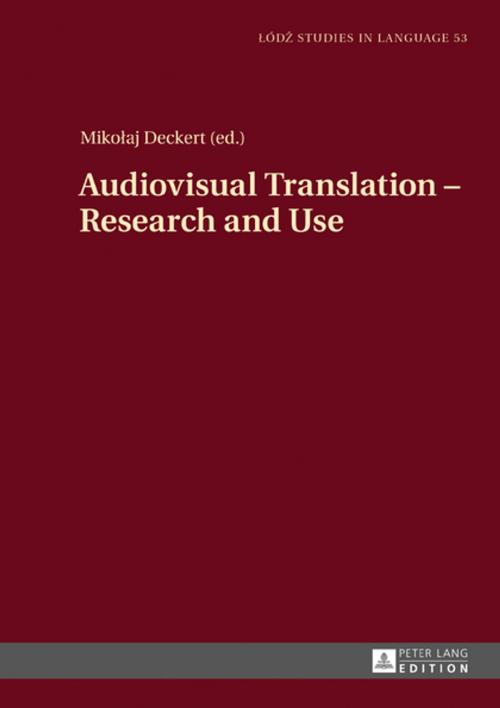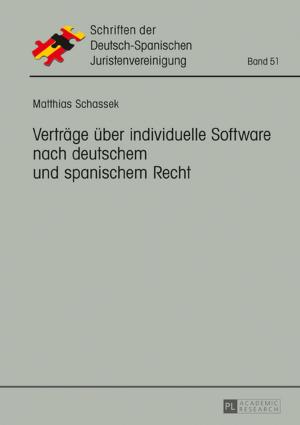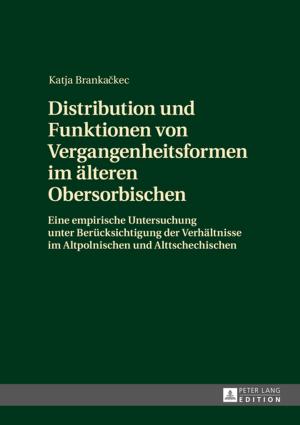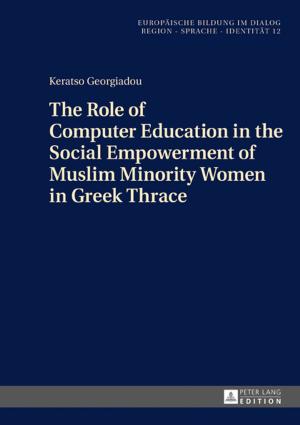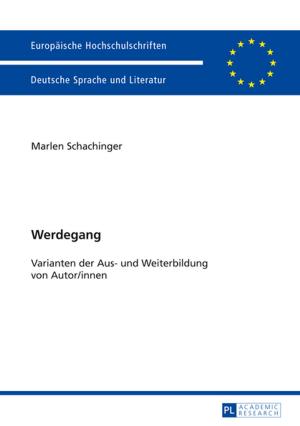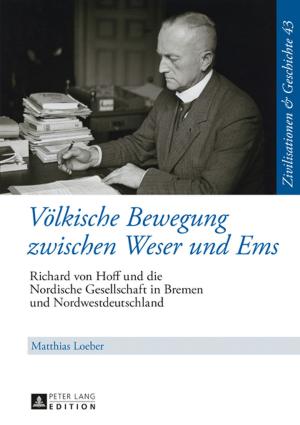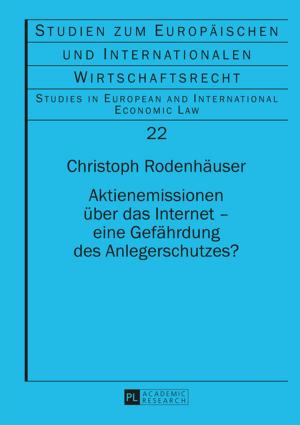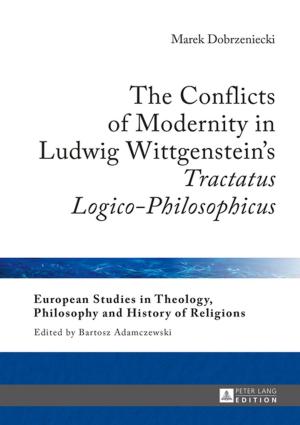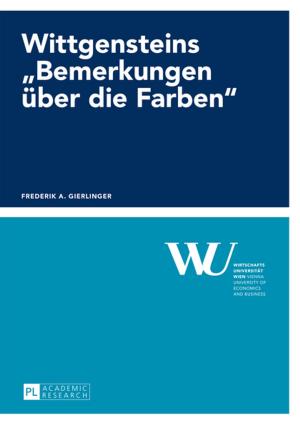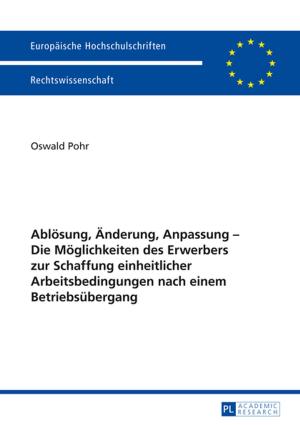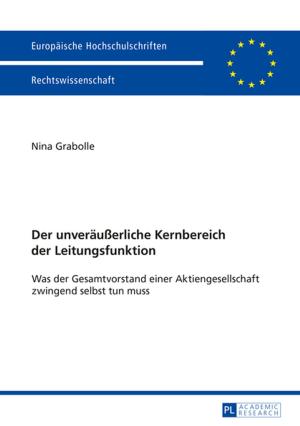Audiovisual Translation Research and Use
Nonfiction, Reference & Language, Foreign Languages, Art & Architecture, General Art, Language Arts| Author: | ISBN: | 9783631722312 | |
| Publisher: | Peter Lang | Publication: | July 20, 2017 |
| Imprint: | Peter Lang GmbH, Internationaler Verlag der Wissenschaften | Language: | English |
| Author: | |
| ISBN: | 9783631722312 |
| Publisher: | Peter Lang |
| Publication: | July 20, 2017 |
| Imprint: | Peter Lang GmbH, Internationaler Verlag der Wissenschaften |
| Language: | English |
This book explores two strands of Audiovisual Translation referred to as «research» and «use». As their points of convergence as well as divergence are brought to light, the contributors show that the two tend to overlap and cross-pollinate. The volume’s inquiries of linguistic, cultural, sociological, computational, educational and historical nature give a comprehensive up-to-date account of AVT as an expanding and heterogeneous, yet internally coherent, field of scientific and professional endeavour.
«The book offers a good balance of chapters dealing with new topics and chapters dealing with more established AVT topics from new angles. It is a must read for TS students and academics but also for practitioners and for translators from other domains, given the increased prominence and diversity of AVT modes both in TS research and translation practice.»
(Professor Aline Remael
University of Antwerp
Chair of the Department of Applied Linguistics, Translators and Interpreters)
This book explores two strands of Audiovisual Translation referred to as «research» and «use». As their points of convergence as well as divergence are brought to light, the contributors show that the two tend to overlap and cross-pollinate. The volume’s inquiries of linguistic, cultural, sociological, computational, educational and historical nature give a comprehensive up-to-date account of AVT as an expanding and heterogeneous, yet internally coherent, field of scientific and professional endeavour.
«The book offers a good balance of chapters dealing with new topics and chapters dealing with more established AVT topics from new angles. It is a must read for TS students and academics but also for practitioners and for translators from other domains, given the increased prominence and diversity of AVT modes both in TS research and translation practice.»
(Professor Aline Remael
University of Antwerp
Chair of the Department of Applied Linguistics, Translators and Interpreters)
